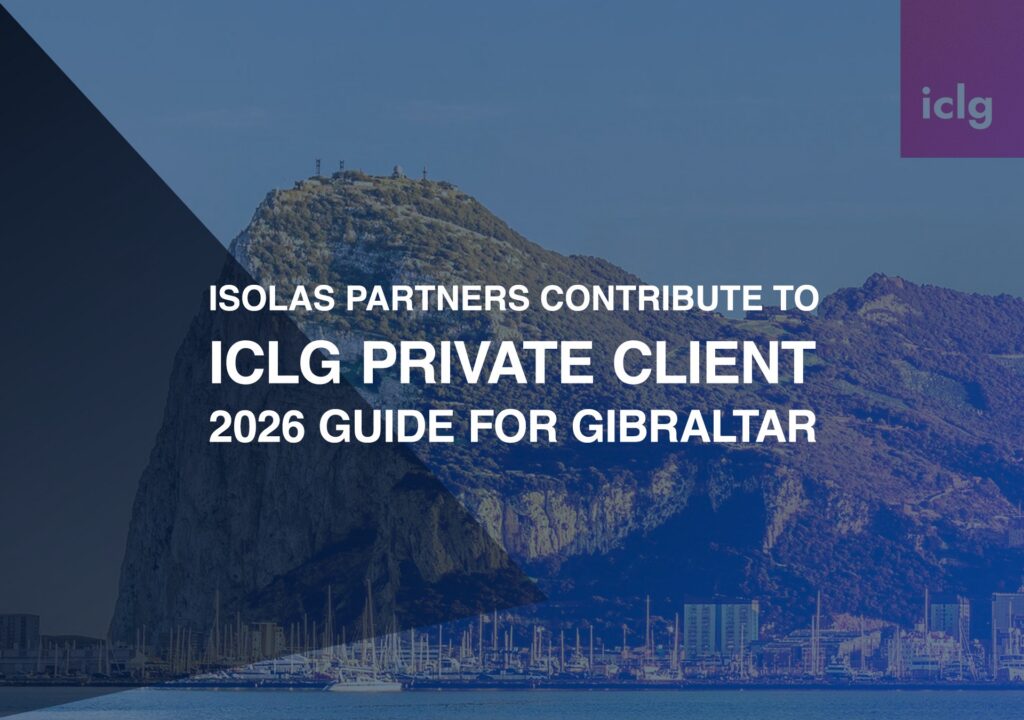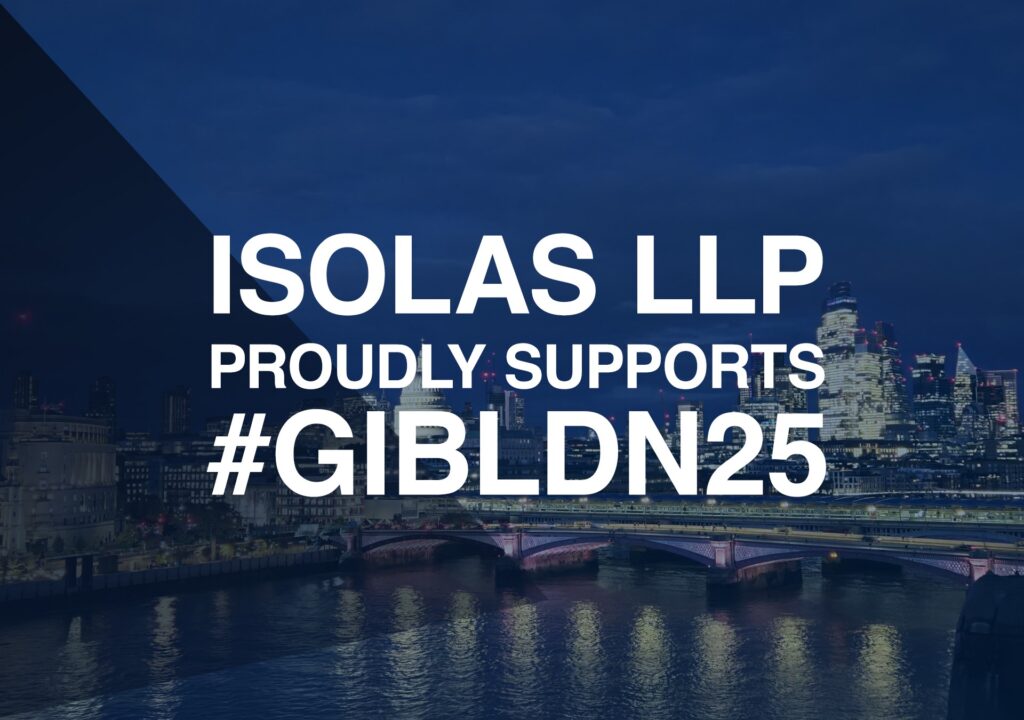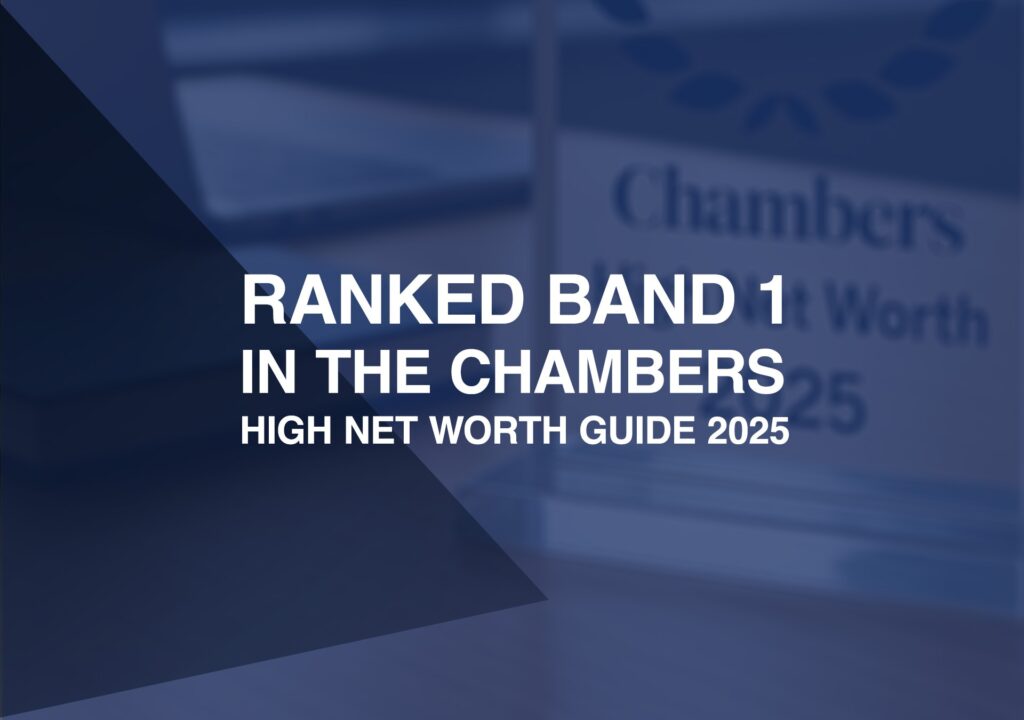Not Just For The Ultra HNWI – The Role Of The Family Office In Protecting Your Family’s Current And Future Assets
A lot of us will have had the feeling of having spent the last 20 years on a fast-paced treadmill. Life has been a constant ‘busy’. We have been fully immersed in building businesses, legacies, travelling round the world, and having little or no time to stop and take a breath. The rise of the 21st century and, in particular, the boom in technology has resulted in an increase in wealth around the world generally but it has also revolutionised the way in which we interact with the world. Suddenly, a transaction that would have taken weeks or months can be dealt with in an instant. Communication with other jurisdictions has become possible and easy. Individuals have become completely contactable at every second of the day and life has generally developed a faster pace.
This year 2020, has seen us hit by a pandemic that has literally brought everything to a halt. Technology has now become our saving grace, allowing us to continue working and interacting but in a very different way. For the first time in a long time, we are forced to stop. Confined to our homes with only the web as a means of interacting with the outside world, we suddenly have more time to think. For a lot of people, lockdown has provided an opportunity to take stock and re-evaluate.
The forced slow down has made many re-consider their priorities in life and allowed them to take time to look at their own affairs and try to get their house in order. For many, this period will have prompted a review of wealth structures and succession plans, not only to ensure that family members are protected but more so to ensure that these continue to be relevant.
Greater Transparency
If we look back several years, we are able to see how the international landscape has evolved. The world has moved towards greater transparency. Measures introduced by international bodies such as the OECD have resulted in the exchange of information becoming a common goal. The introduction of more stringent anti avoidance tax legislation as well as the more recent DAC6 Directive, under which intermediaries (including advisers, accountants, financial institutions, family offices, and fiduciaries, amongst others) will become obliged to report on structures driven by tax planning, result in the need to conduct an audit on wealth plans and consider whether restructuring is necessary to meet current international standards.
Further, new priorities have suddenly surfaced with the realisation that a greater work life balance is required. This will, again, impact the need to reconsider asset protection plans to determine whether they are flexible enough to allow a different standard of living. Historical arrangements may still work from an asset protection perspective but may be too rigid to cater for lifestyle needs or lacking in economic substance (which has become a key concept over the last few years). For this reason, many are considering more flexible alternatives with significant substance in the form of a family office.
The concept of family offices has been around for some time, slowly gathering more and more traction in Europe as it did in America. The evolving landscape for the high net worth industry as well as the effect that the recent health crisis has had on the world and the economy, are good indicators as to why having a family office is an integral part of protecting a legacy, not least because having a centralised management with a global view of assets allows for better mitigation of risk.
Family offices offer numerous advantages. Firstly, it is a one stop shop for all of the family’s requirements. This will include not only administrative requirements and more trivial concierge services but, more importantly, the keeping of up to date records of the family’s wealth and assets and providing detailed global reports to the family in relation to the same. Wealthy individuals often have widespread assets that range over a number of jurisdictions. Most of these assets will require general administrative upkeep. Whether this means providing updated Know Your Customer (KYC) to banks, monitoring the upkeep of foreign real estate, or reviewing the family’s latest philanthropic project, a family office is generally equipped to deal with all that is required.
Family offices also serve as a great platform for communication between the family members. Regular Family Council meetings encourage dialogue and collaboration in the preservation and growth of the family wealth. These meetings are often organised as a social event aimed at bringing family together and can facilitate the education of younger, next generation members, giving them a feel for the family’s affluence and how this should be managed to ensure continuity. Equally, it allows all family members to remain informed on the family’s assets, their value and any matter relating thereto. This is a great way of managing generation gaps and. in particular, to reduce the risk of the family wealth having disappeared by the time it reaches the third generation.
Regular Communication
Further, the transition of wealth from generation to generation can be efficiently achieved when it is being managed via a family office arrangement accompanied by a good family governance structure. A family office does not always automatically terminate with the death of the principal. It can therefore serve as a great tool in the family’s succession plan, allowing for the continuation of the growth and development of the family’s prosperity with little or no need to liquidate and distribute the estate.
Where there is an active family business, a family office can aide the interaction between the family and that business, in particular where the business is being managed by non-family members. In such circumstances, the family is able to, via the family office, remain informed on matters relating to the business without having to have any direct involvement. Similarly, the family office, or a nominated executive of the family office who is appointed to serve as the family representative on the board of the business, can ensure that the family values and business vision are upheld.
More and more wealthy individuals are seeking to establish family offices in order to retain more control, visibility and better protect and develop their affluence. The jurisdiction in which the family office is established does not necessarily have to be the jurisdiction of residence of the individual which means that attractive low cost jurisdictions that can offer the necessary infrastructure, robust regulation and that meet international standards (such as Gibraltar) are often considered. The best set up will be considered on a case by case basis when factoring in the individuals’ lifestyle, family circumstances, and jurisdictional reach.





